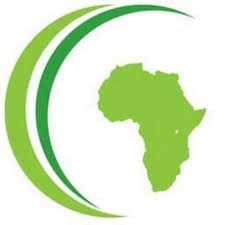
Rutendo Mazhindu
Zim Now Writer
The African Risk Capacity and the government recently convened a meeting in Dotito, Mount Darwin, bringing together traditional and religious leaders to assess the progress of gender mainstreaming in Disaster Risk Management.
This collaborative effort, part of ARC’s Gender Action Plan for DRM, follows the launch of the Gender Action Plan in 2021 and aims to evaluate the region's advancement in gender integration.
Key representatives from government ministries, as well as community leaders, participated in the meeting, reinforcing the country's position as a leader in implementing gender-sensitive approaches to disaster management.
Boroto Ntakobajira, ARC’s Gender Specialist, emphasised the importance of the initiative, stating, "This mission is an integral part of the ARC advocacy and outreach within communities. It underscores the critical importance of integrating gender considerations into DRM at the grassroots level and fosters dialogue at both community and policy levels."
Mount Darwin has been identified as a pilot region for gender analysis in DRM and serves as a key area for monitoring progress. As the country grapples with increasing climate-related challenges across Africa, Zimbabwe remains committed to building resilient communities that prioritize gender equality in disaster risk management.
Related Stories
"Zimbabwe remains at the forefront of gender mainstreaming in DRM largely due to the government’s dedication to inclusivity," noted Christania George, ARC’s Head of Gender Unit.
"This commitment ensures that no individual is marginalized in efforts to enhance preparedness for weather-induced disasters and disease outbreaks."
Provincial officials, including District Development Coordinator Nkoma White and Provincial Development Officer Judith Hove, were present to join the ARC’s efforts. Hussein Madih, ARC’s Country Engagement Manager, praised the government’s support, stating, "This endorsement from the government, coupled with the presence of five local chiefs and other key stakeholders, underscores the government of Zimbabwe’s commitment to integrating gender considerations in DRM."
Traditional healers also voiced their support for the initiative, committing to changing community perspectives on gender equality in DRM. They expressed optimism about the progress made and pledged to continue promoting gender equality.
Oscar Manyepwa highlighted the importance of community participation in DRM, saying, "The meeting enabled us to interface with traditional leaders, religious leaders, and community members to explore mainstreaming gender in DRM, highlighting the gender gaps in disaster response and action planning, and the need to ensure that men and women are actively involved in disaster preparedness and response plans."
As Zimbabwe continues to strengthen its resilience to disasters, it is also making significant strides in ensuring equity in disaster response and preparedness planning, setting a model for the rest of the region.










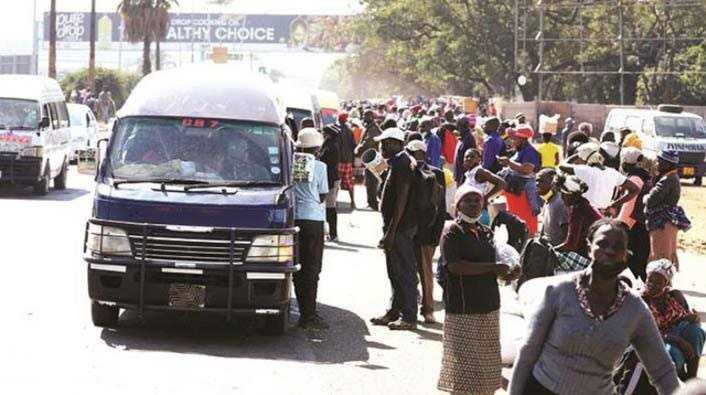
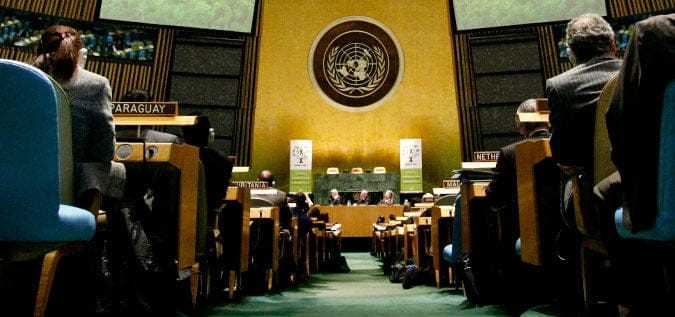
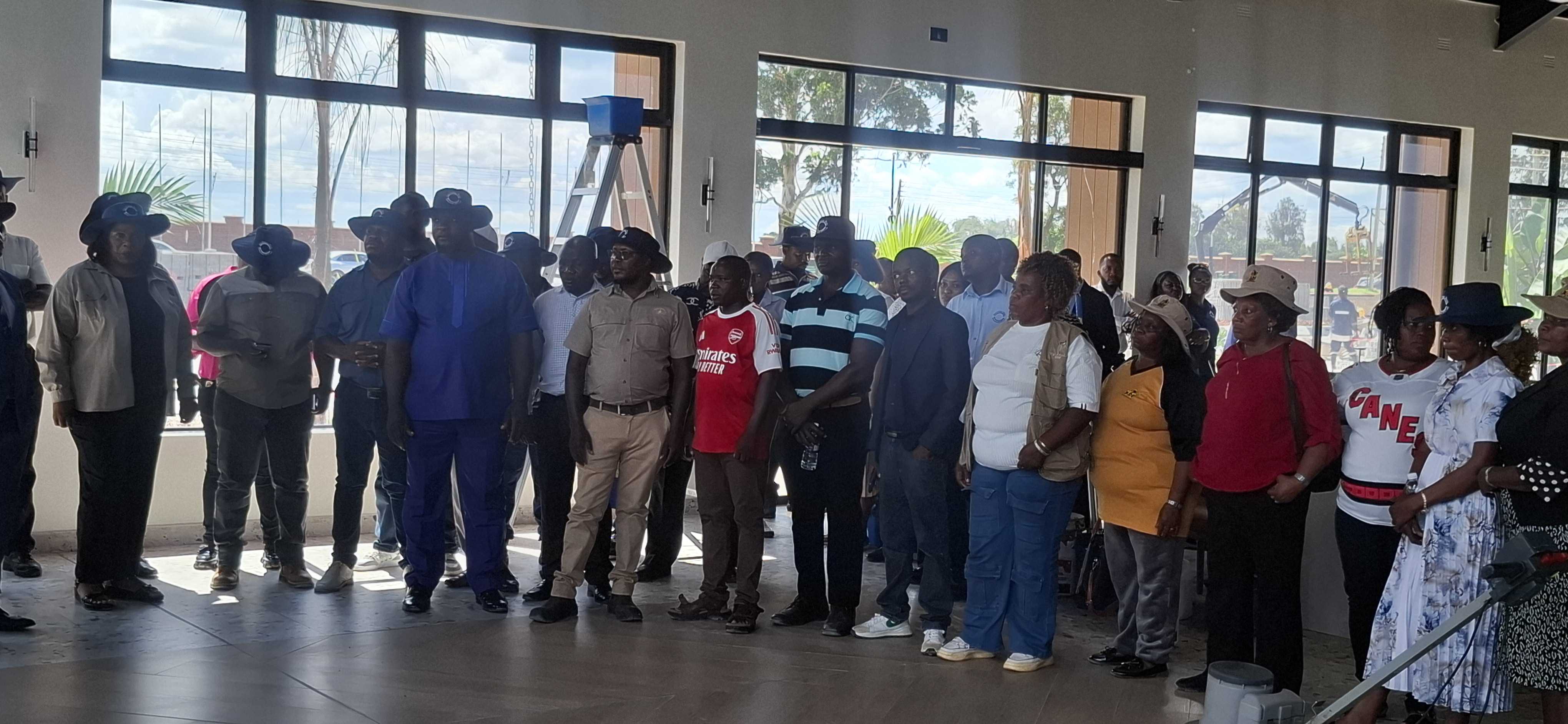


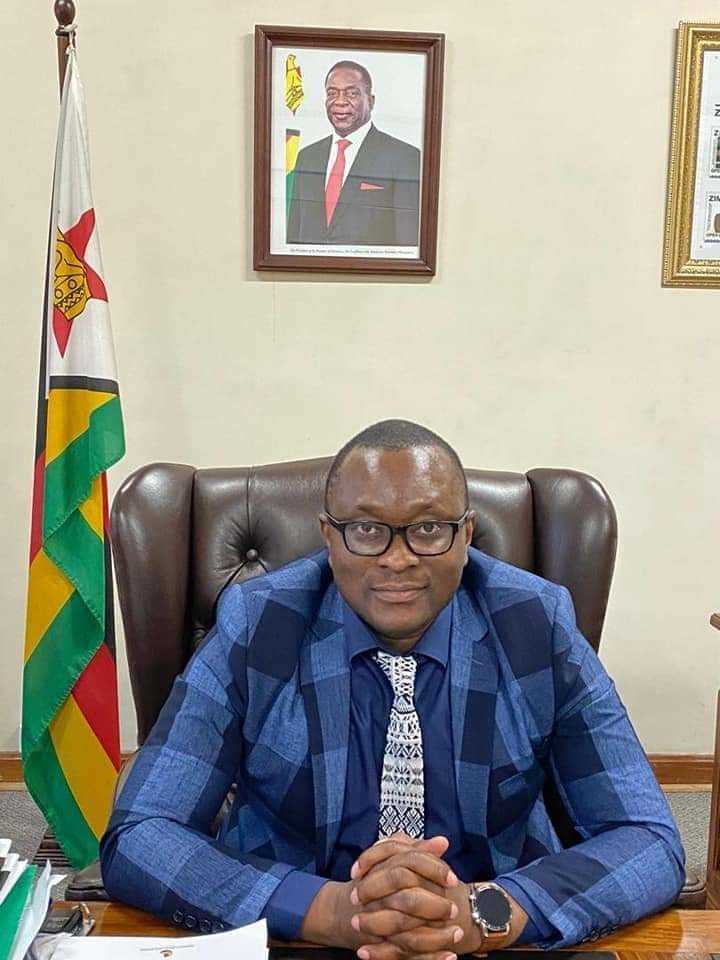




Leave Comments